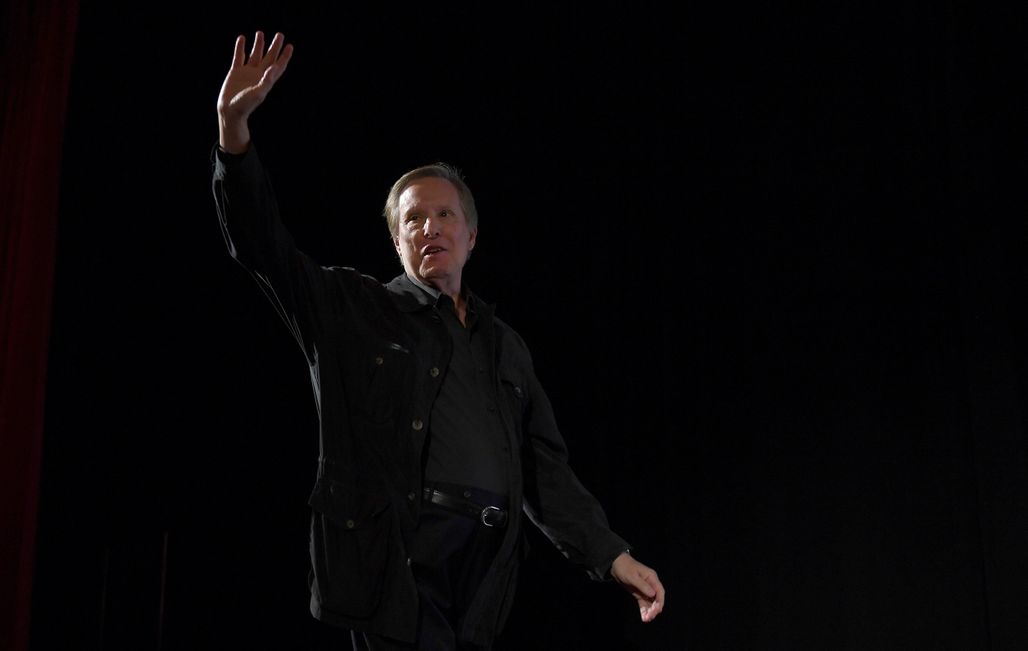
William Friedkin: “I like to let a film breathe”

French Connection, The Exorciste, Sorcerer and more recently, Killer Joe… a full house welcomed American filmmaker William Friedkin, invited to talk about his oeuvre in a Masterclass Wednesday afternoon. Face to face with French critic Michel Ciment, the director outlined the major characteristics of his filmography and each of the steps in the making of a film, without omitting a few insider tips and a good dose of humour.
William Friedkin began by confiding: "I decided to become a filmmaker at the age of 21, after seeing Citizen Kane. I didn't go to film school. My school was the Nouvelle Vague and Alfred Hitchcock". He reminded his listeners that he had started his career in 1965 with a documentary film called The People vs. Paul Crump, about a man who was condemned to the electric chair. "I wanted to save his life.".
The director also referred to his formative experience working for a year alongside Harold Pinter, who, Friedkin acknowledged, had exercised a major influence on him. The dramaturge taught him how to shape stories, with the credo that "only the good ideas work."
On the topic of directing actors, William Friedkin confessed that he liked to make sure that they understood the story of the film for which he had engaged them the same way he did. He said that on set, he liked to give priority to the first shots, which are "more spontaneous and believable". This was the case in The Exorcist and French Connection, for which he "frequently told the actors to forget the dialogue and to act their character".
“I do not like to direct actors, nor do I want them to imitate me: I try to push against them and then to use their anger.”
Contradicting the rumour that the idea of French Connection was given to him by Howard Hawks, the director revealed that it actually came to him when he saw Z, by Costa Gavras. "The only film I ever made with a script I did not like," because William Friedkin confessed that he "likes to let a film breathe, like good wine", and to draw his inspiration from the present moment.
On the topic of the music for The Exorcist, the filmmaker explained that he wanted the main theme of the film to "feel like a cold hand on the back of one's neck".


